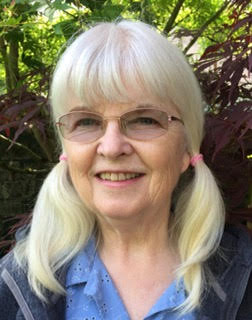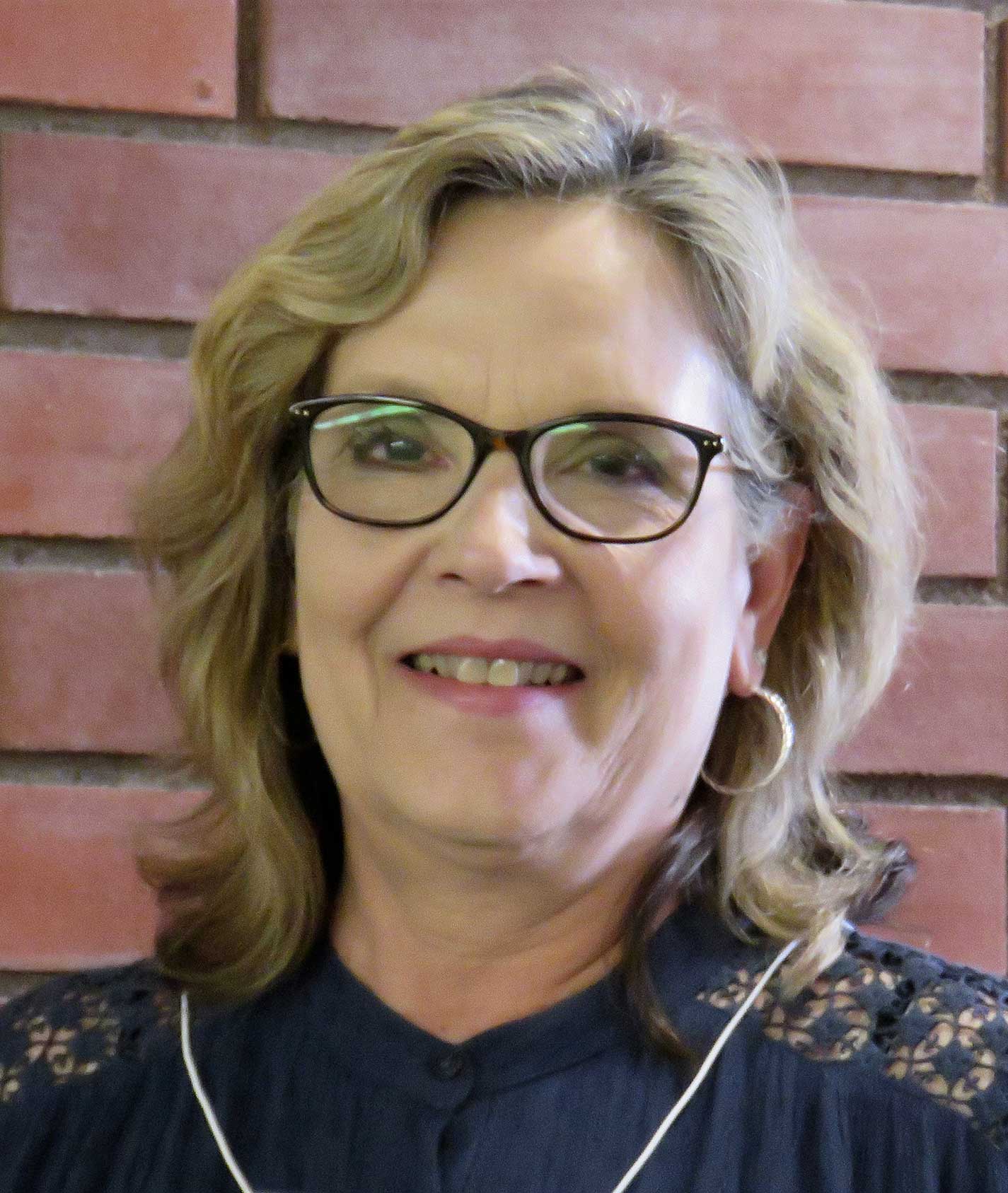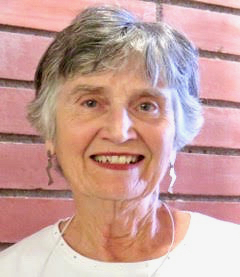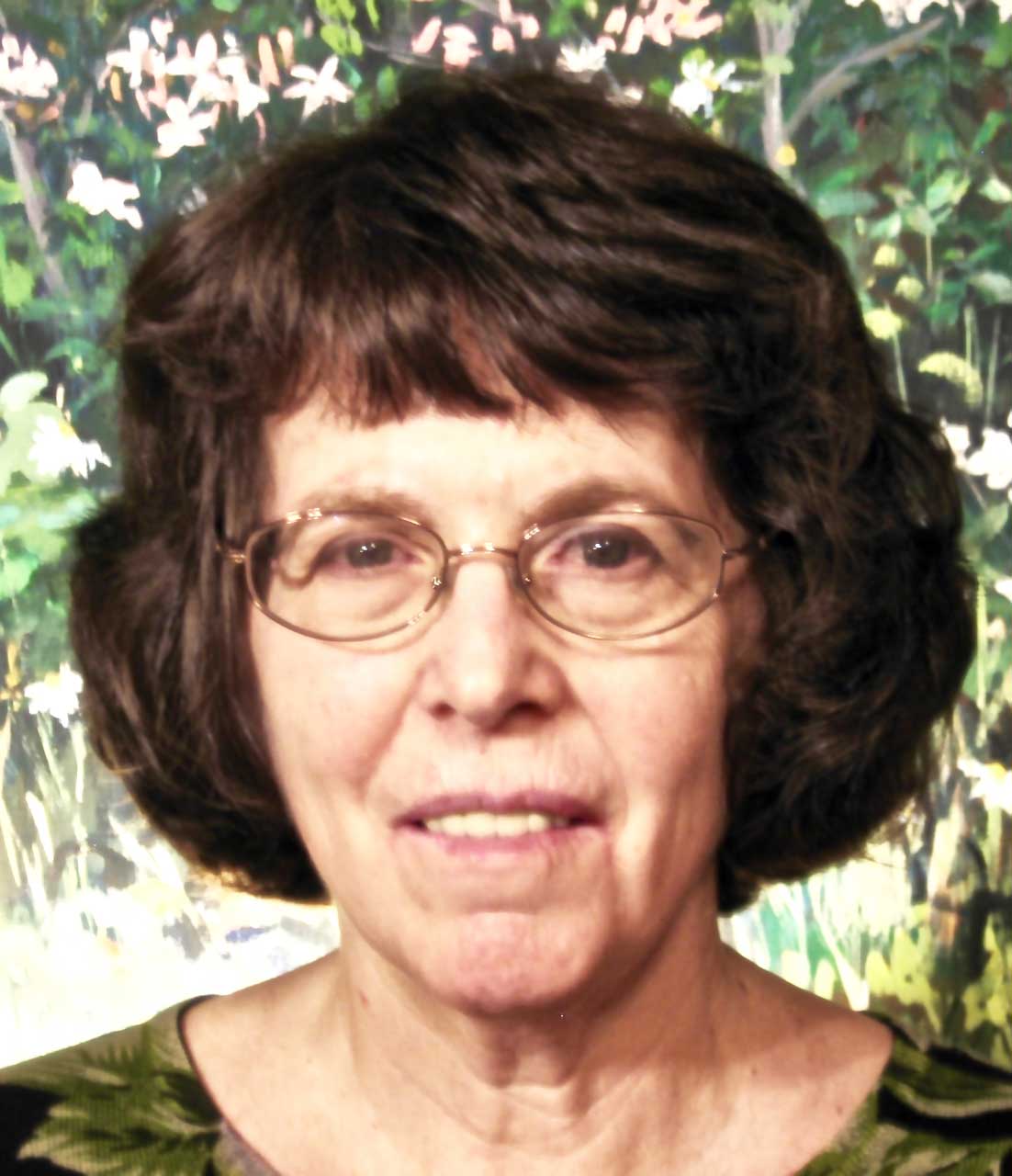Tuesday, April 2
| 10:30 a.m. – 12:30 p.m. | "What is Comparative Religion? How can it be taught in both Public and Private School settings? ," Stanley Vargas [Bob Muir], Kaneko Auditorium
I then plan to discuss the differences between Religious Thinking and Scientific thinking. Are they too different to coexist, or can they work side by side? Are the basic paradigms compatible? How do I address both ways of analysis in a public-school setting? |
| 1:30 – 3:30 p.m. | "Music Potpourri," ICL Members present some of their favorite music [Solveig Holmquist], Kaneko Auditorium
Erma Hoffman (2016): Kamehameha Schools Song Contest Tracy Ragland (2017): “Sonnets from the Portuguese”, composer Libby Larson, performed by soprano Arleen Auger, based on poetry by Elizabeth Barrett Browning Paul Rice (2008): Loreen McKennitt, Canadian singer/songwriter of Celtic, new age and world music Dru Johnson (2018): 70’s Rock ‘n’ Roll with Bob Seeger Lucy Foster (2018): Pink Martini Jo Ann Von Borstel (2016): Leonard Cohen |
Thursday, April 4
| 10:30 – 11:30 a.m. | "Julius Caesar," Susan Coromel [Deborah Ehlers], Kaneko Auditorium
|
| 11:30 a.m. – 12:30 p.m. | "The History of ICL and the Important role of the Late Phil Hanni," Tom Zook and Don Gallagher, Kaneko Auditorium
Former Curriculum Directors, Don Gallagher and Tom Zook, will discuss how ICL was started in 1992; the important role of the late Phil Hanni in the organization; and relate the many ways that ICL has tried over the years to help give back to Willamette University and its students. They will review our development, in 2013, of the Phil Hanni Student Scholar Award Program and will share with you the impressive progress of the past thirty winners of the award. At the conclusion we expect you will discover that the April ICL presentations by the six 2019 award winners are to be eagerly anticipated! Don Gallagher (2004) and Tom Zook (2011) have served in a number of leadership areas since joining ICL. |
| 1:30 – 2:30 p.m. | "Phil Hanni Student Scholar Presentation - Title: “Willamette and the People 'Without History'," Adrianna Nicolay, Major: Environmental Science, Graduating in 2019, Faculty Sponsor: Jennifer Jopp" [Solveig Holmquist], Kaneko Auditorium
|
| 2:30 – 3:30 p.m. | "Phil Hanni Student Scholar Presentation - Title: “Reauthorizing the Violence Against Women Act: Why Have There Been Sporadic Delays for Reauthorization and What are the Lasting Impacts”, Saffron Cleveland, Major: Economics and Politics, Graduating in 2019, Faculty Sponsor: Sammy Basu" [Tom Zook], Kaneko Auditorium
This thesis asks: why has the initial adoption and subsequent reauthorizations of VAWA sporadically been met with delays? To answer this question, five possible competing explanations are analyzed: political methodology, public opinion polling patterns, theory of congressional voting and reauthorization patterns, explication and application of language, and enforcement variability. Looking at historical and political trends in data, congressional voting records, and personal testimony will test these five competing explanations to determine why the act was not reauthorized and what the potential impacts are going to be. It was found that Supreme Court Jurisdiction, Evidence-based Decision Making, and Congressional Voting Patterns as they overlap have led to the sporadic delays in reauthorization of the VAWA. |
Tuesday, April 9
| 10:30 a.m. – 12:30 p.m. | "WRITTEN IN STONE: Discovery & Interpretation in our Historic Cemeteries," Charlotte Lehan [George Moeller], Kaneko Auditorium
Charlotte Lehan is a former mayor of Wilsonville and former chair of the Clackamas County Commission. Her family settled in Clackamas County in 1850, and Oregon heritage has long been a passion of hers. She has served on the Oregon Heritage Tree Committee, the Oregon Historical Marker Committee, the Oregon Commission on Historical Cemeteries, the Willamette Falls Heritage Area Coalition, and other heritage organizations. As President of the Pleasant View Cemetery Association, she has spoken often on the significance of local cemeteries to our history and genealogy. |
| 1:30 – 2:30 p.m. | "Phil Hanni Student Scholar Presentation - Title: “USMCA and the Auto Industry: Will the increased domestic content requirements benefit American workers and consumers?", Christopher Ishihara, Major: Economics, Graduating in 2020, Faculty Sponsor: Donald Negri" [Mark Kasoff], Kaneko Auditorium
|
| 2:30 – 3:30 p.m. | "Phil Hanni Student Scholar Presentation - Title:”Synthesis and Evaluation of 2-Chloroprocaine Derivatives as Local Anesthetics”, Anna Ayala, Major: Biochemistry, Graduating in 2019, Faculty Sponsor: Sarah Kirk" [Jim Brown], Kaneko Auditorium
Over the course of my time at Willamette, I have been involved as an EMR with Willamette Emergency Medical Services (WEMS), as a researcher and scholar with the Webber Science Outreach Program, as a campus ambassador at the Office of Admission, and as a tutor for classes in biology, introductory chemistry, and organic chemistry. Outside of Willamette, I have been given the opportunity to conduct research in nephrology and neuropharmacology at the University of California, Davis and Creighton University School of Medicine. These interests are primarily focused in STEM-fields, and as such, I have cultivated a strong passion for science and science communication and outreach. |
Thursday, April 11
| 8:45 a.m. – 12:30 p.m. | "Down on the Farm Field Trip," Field Trip [George & Carol Moeller], Silverton Leave parking lot and proceed to Rosse Posse Acres, an elk farm. They have a big barn set up with plenty of seats and do a good educ. program about elk (the rut, breeding, habits, antlers/hooves/teeth, diseases...). Then we will walk to end of sidewalk/fence to view the elk. They also have a petting zoo that we may not be interested in, but may offer if time at end for those who wish. The elk should start growing velvet on antlers when we are there (most docile time). |
| 12:30 – 1:30 p.m. | "Lunch," The Home Place Restaurant [George & Carol Moeller], Silverton Several menu items to choose from including gluten-free and veg. options. Includes lunch, dessert, hot coffee or iced tea, and gratuity. |
| 1:30 – 4:30 p.m. | "Down on the Farm Field Trip," Field Trip [George & Carol Moeller], Silverton
|
Tuesday, April 16
| 10:30 a.m. – 12:30 p.m. | "Art Potpourri," Ann Shaffer, Virginia Vanderbilt, Doug Lusk, Grant Hagestedt, Jim Brown, Franca Hernandez [Jinx Brandt], Kaneko Auditorium
ICL members Ann Shafer (2014): Sadie Barnette, Artist Exploring the African American Experience with Glitter. Virginia Vanderbilt (2017): Jose Clemente Orozco, Mexican muralist. Doug Lusk (2018): Telephone Art; You are a Skilled photographer using your smart phone. Grant Hagestedt (1995) Kathe Kiollwitz, German artist. Jim Brown (2012): Emily Carr, Canadian artist. Franca Hernandez (2012): Artwork of Mission San Xavier. |
| 1:30 – 2:30 p.m. | "Phil Hanni Student Scholar Presentation - Title: “Timing is Everything: 'An Analysis of Relative Levels of Agency in the Journey From the Streets To Transitional Housing in Salem, OR'," Laura Polkinghorn, Major: Biology and Anthropology, Graduating in 2019, Faculty Sponsor: Joyce Millen" [Toni Peterson], Kaneko Auditorium
Despite the fact that many aspects of my life are up in the air right now, there is one trajectory that I am hopeful my life will take post-graduation: this past December I was conditionally accepted to serve in the Peace Corps. Fingers crossed, a month after graduation I will be training in Sierra Leone to become a secondary school educator. I’ll be teaching English while also navigating the predominant language there (Krio, a pidgen English with roots in the Caribbean Creole language) as well as living with a host family for over two years. I’m sure this culturally immersive experience will help inform many (if not all) of my major life decisions. Currently, I would like to pursue a PhD in medical anthropology or public health post-service, but I’m committed to keeping my options open e.g. since I am a double major in anthropology and biology, I am also considering embarking on a career in biomedical research. Wherever I go, I know my experience at Willamette will help guide my goals, my work ethic, and my commitment to making the world a better place. |
| 2:30 – 3:30 p.m. | "Phil Hanni Student Scholar Presentation - Title: “Drug Policy Tweaking : An Analysis of the Diverging Socio-political Responses to the ‘Crack’ and Opioid Epidemics”, Paige Spradlin, Major: Politics, Graduating in 2019, Faculty Sponsor: Sammy Basu" [Deborah Ehlers]", Kaneko Auditorium
|
Thursday, April 18
| 10:30 a.m. – 12:30 p.m. | "Video Presentation - Great Decisions: The United States and Mexico: Partnership Tested," Deanna Iltis and Kay Gerard [Jeanette Flaming], Kaneko Auditorium
Deanna Iltis has been a member of ICL since 9/2015; Kay Gerard since 2009. |
| 1:30 – 3:30 p.m. | "All Things Astronomy," Dr. Scott Fisher [Dru Johnson], Kaneko Auditorium
|
Tuesday, April 23
| 10:30 – 11:30 a.m. | "The Wonderful World of Cheeses," Lisbeth Goddik [GwenEllyn Anderson], Kaneko Auditorium
Lisbeth Goddik grew up in Denmark and immigrated to the US with her family when they moved to a farm in the Willamette Valley. She holds graduate degrees in Food Science from OSU and Cornell University. She is the OSU Dairy Processing Extension Specialist and works with Oregon’s large and small dairy processors. She supervises graduate students conducting applied dairy research projects and teaches OSU’s dairy processing classes. She currently serves as Interim Department Head for the Food Science & Technology Department. In the past, she has worked in agriculture and dairy processing in Denmark, Norway, France, New Zealand, and Canada. |
| 11:30 a.m. – 12:30 p.m. | "An American in Warsaw," Vivian Reed [Jan Svingen], Kaneko Auditorium
Vivian will share the story and her journey with ICL. |
| 1:30 – 3:30 p.m. | "Video Presentation: Musical Syntax," Leonard Bernstein [Bill Foster], Kaneko Auditorium
|
Thursday, April 25
| 10:30 – 11:30 a.m. | "Oregon’s Public Records Law: At what Price Transparency?," Peter Shepherd [Anne Bowden], Kaneko Auditorium
|
| 11:30 a.m. – 12:30 p.m. | "Cross-Laminate Timber," Timm Locke [Bill Foster], Kaneko Auditorium
|
| 1:30 – 3:30 p.m. | "Work by Senior Art Majors and Art Faculty," Hallie Ford Museum of Art [Jinx Brandt], *** Hallie Ford Museum of Art *** NOTE CHANGE IN VENUE The exhibition represents the culmination of the student's four years at Willamette and features work in a variety of media, including painting, drawing, printmaking, photography, sculpture, and mixed media. The faculty exhibition will feature the work of Alexandra Opie who teaches photography and electronic media. |
Tuesday, April 30
| 10:30 – 11:30 a.m. | "Poetry Potpourri," Joel Woodman, Phil Caudill, Karen Trucke, Wes Robinson [Betty Kasoff], Kaneko Auditorium
|
| 11:30 a.m. – 12:30 p.m. | "Up Close and Personal," ICL Members [Don Gallagher], Kaneko Auditorium
|
| 1:30 – 2:30 p.m. | "Educated" by Tara Westover, Susie Lee, Kaneko Auditorium
|
| 2:30 – 3:30 p.m. | "Writing Potpourri," Betty Kasoff, Vernelle Judy, Paul Rice, Becky Miller-Moe, Carole Moeller, Lois Rosen, Barbara McReal [Lois Rosen], Kaneko Auditorium
Members of the ICL Writing Group, led by ICL member, Lois Rosen, will offer an enticing blend of our stories and poems. Presenters: Betty Kasoff (2007)
|


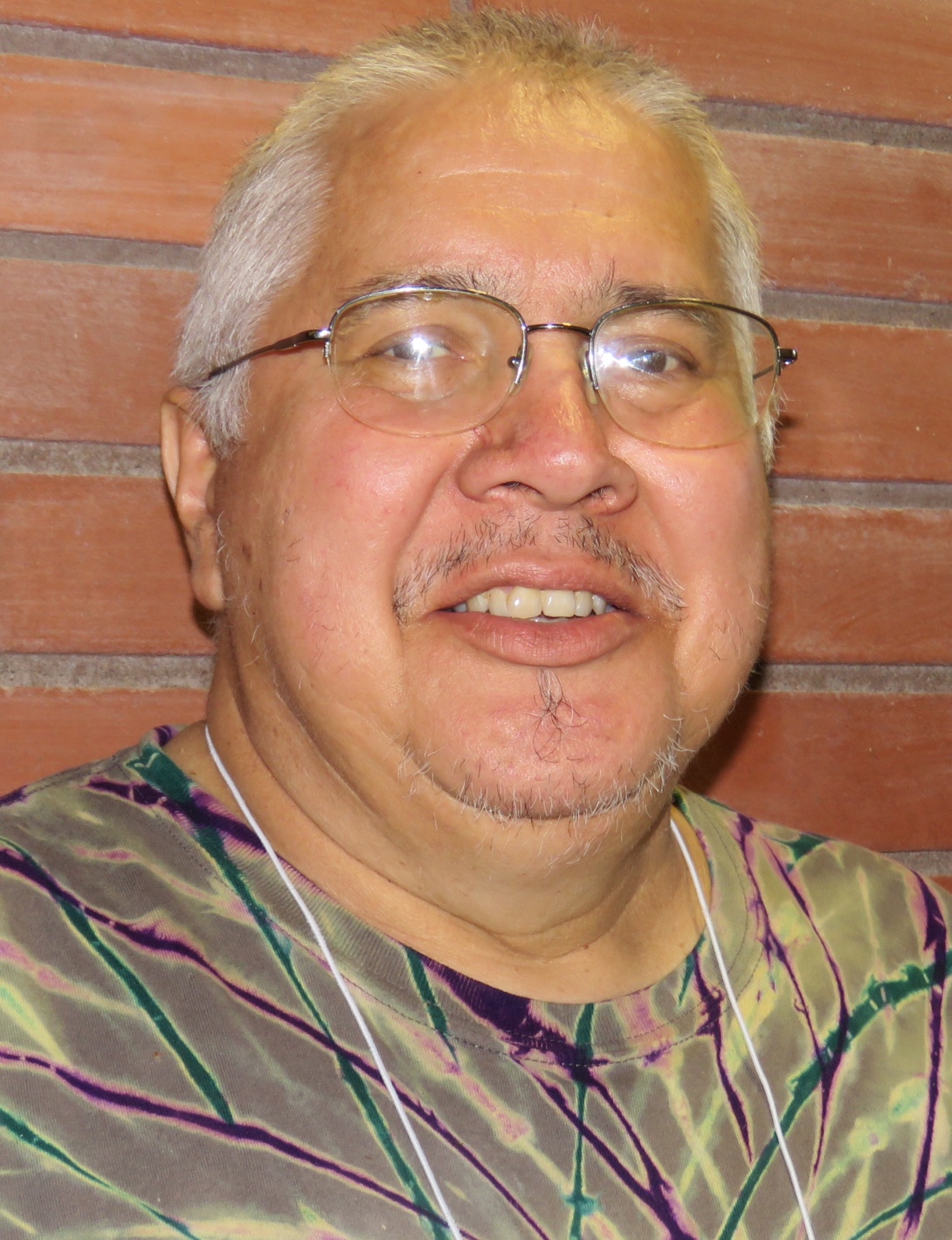 I will discuss what Religious Studies is, and what Religion analysis and Comparative Religion is. Then I will introduce or review various religious systems. Then we will compare them together with common analysis.
I will discuss what Religious Studies is, and what Religion analysis and Comparative Religion is. Then I will introduce or review various religious systems. Then we will compare them together with common analysis. 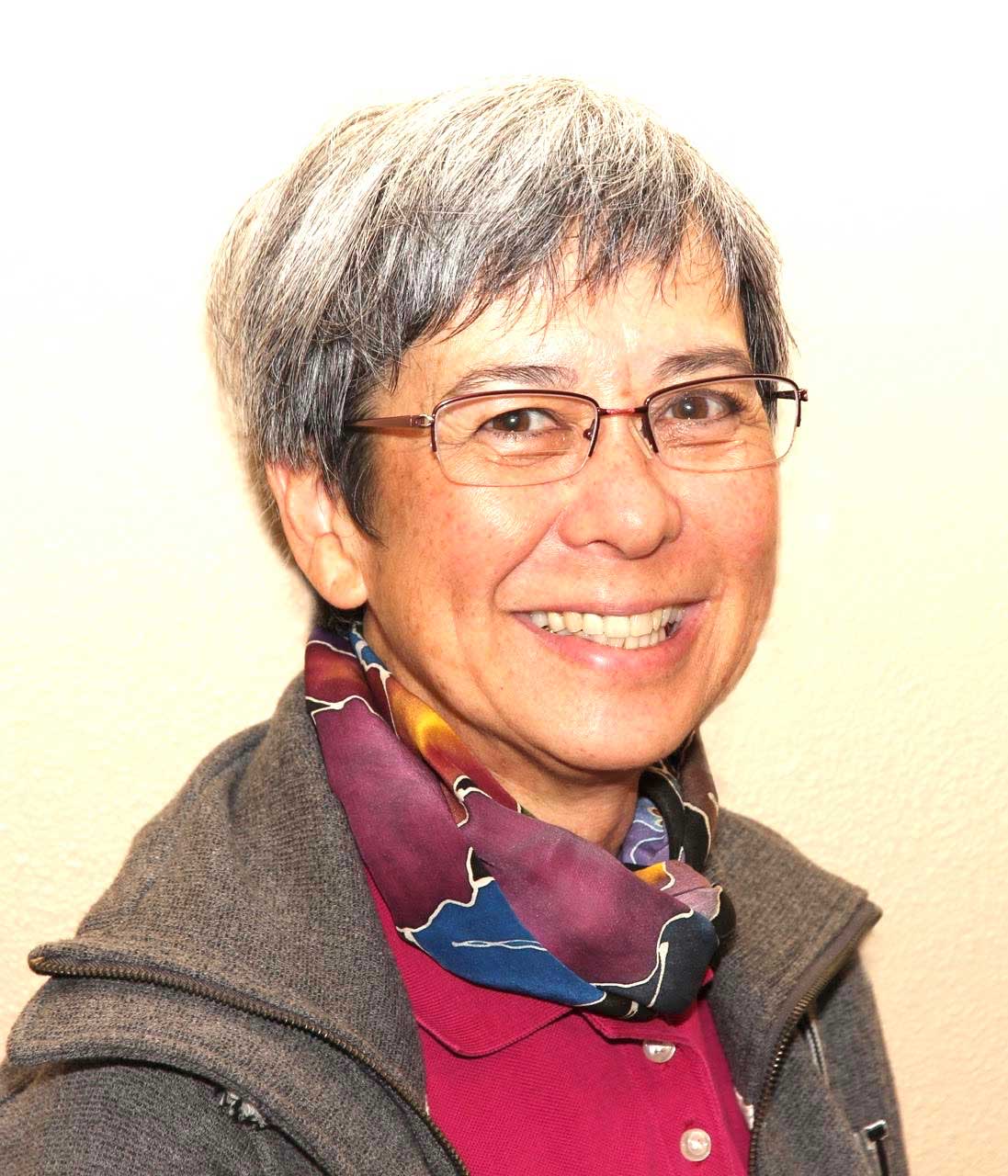
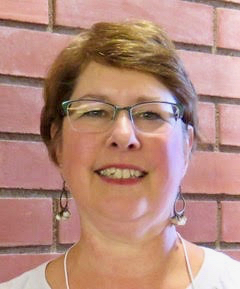
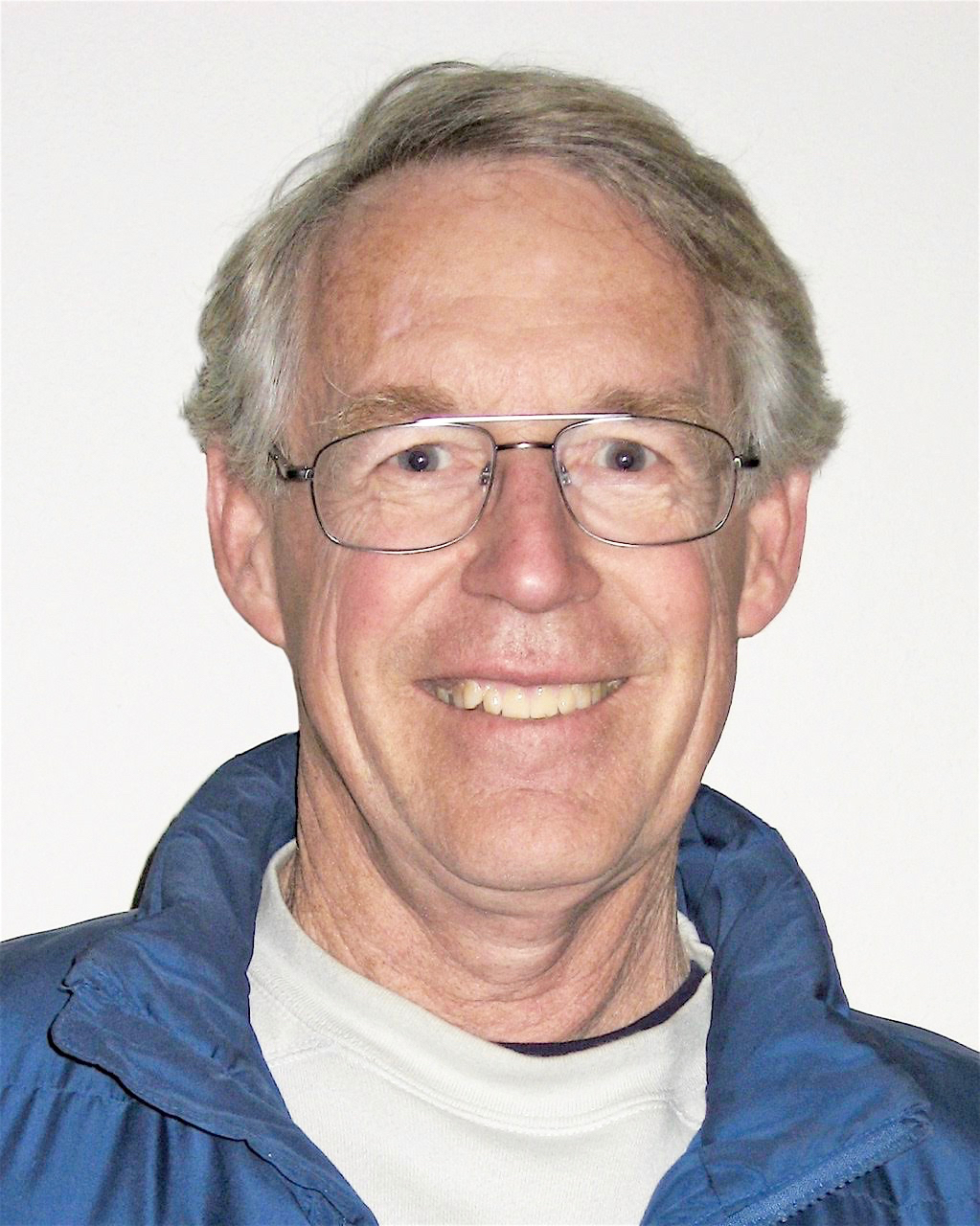
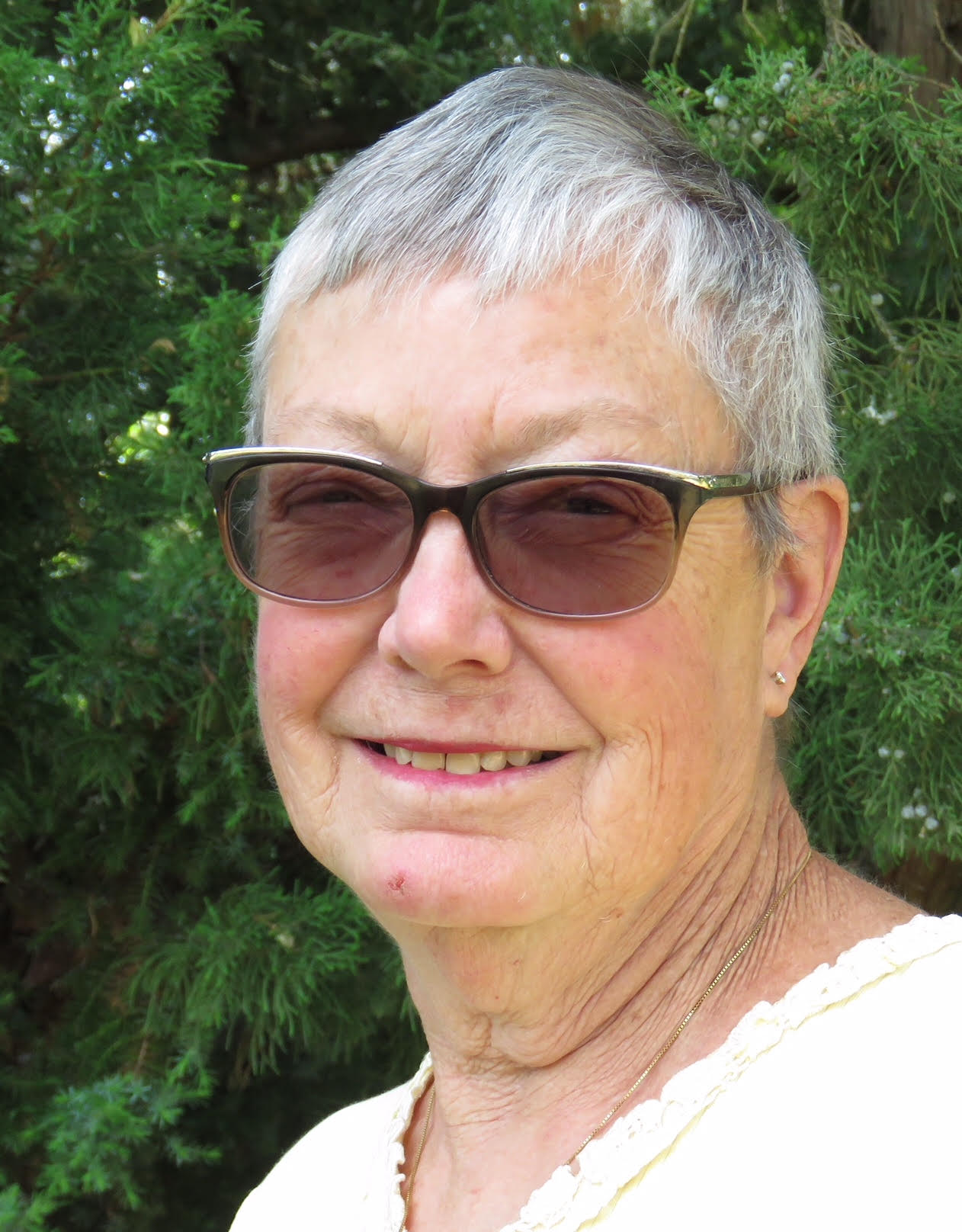
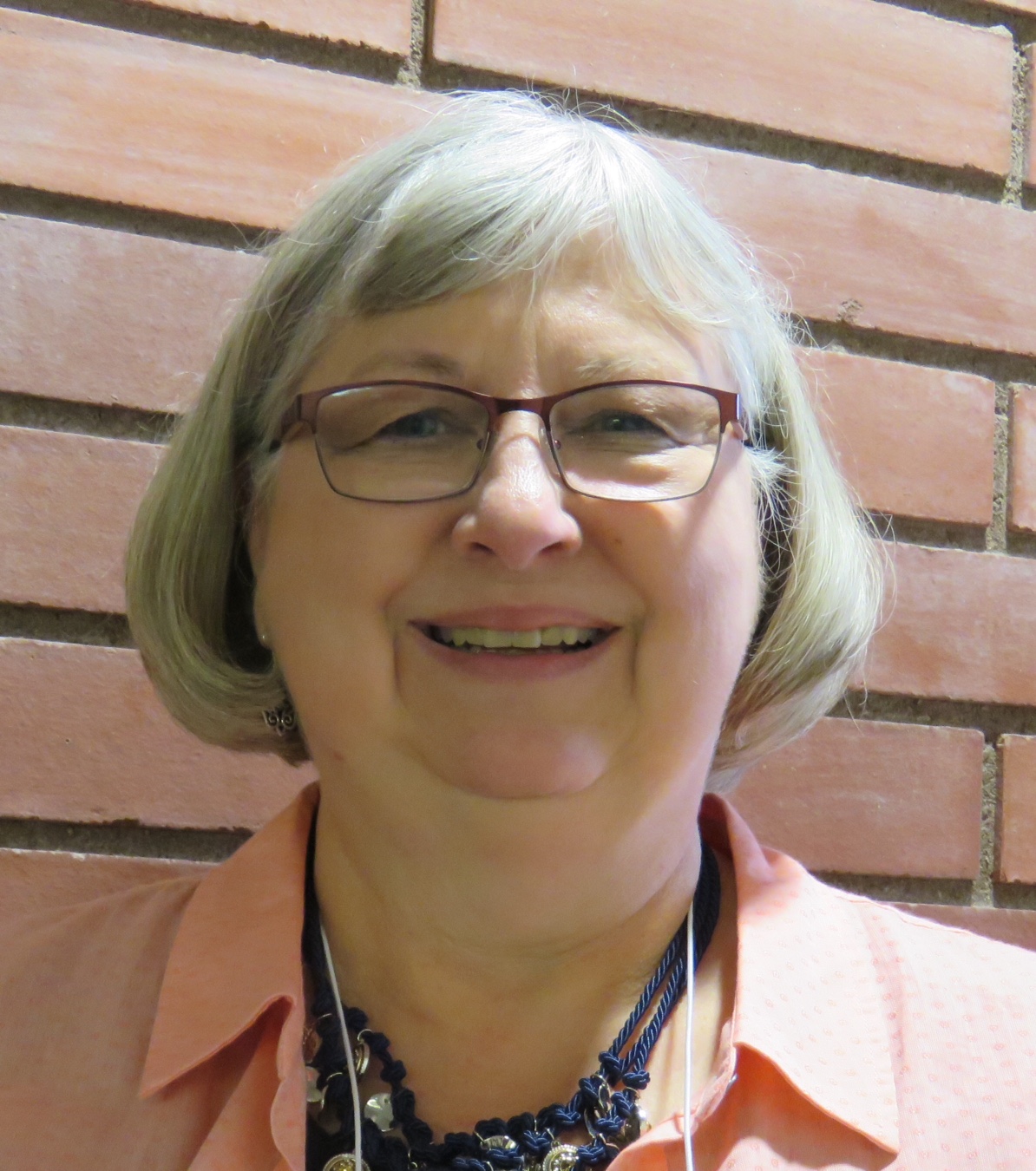
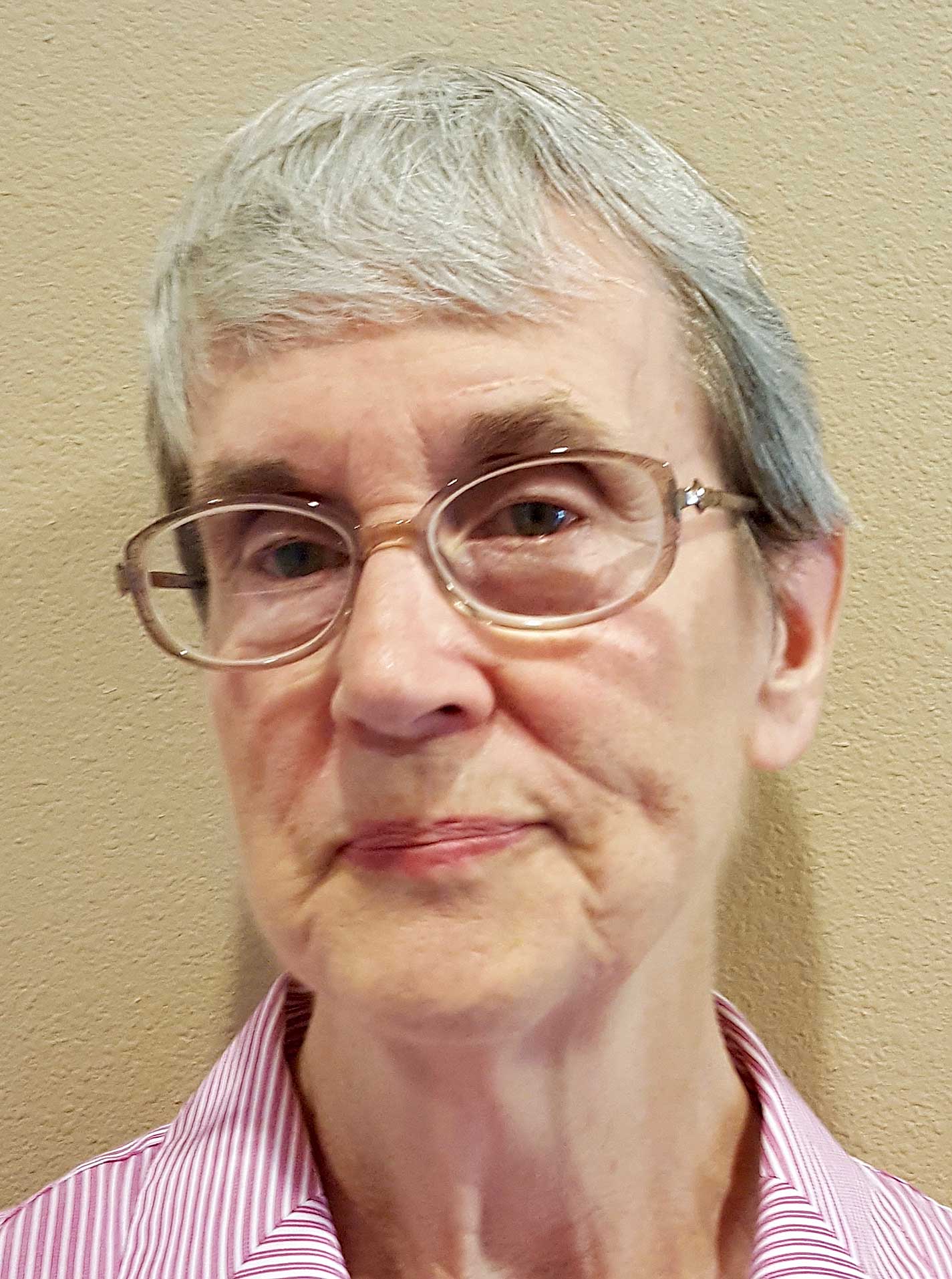 ICL Members
ICL Members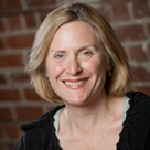
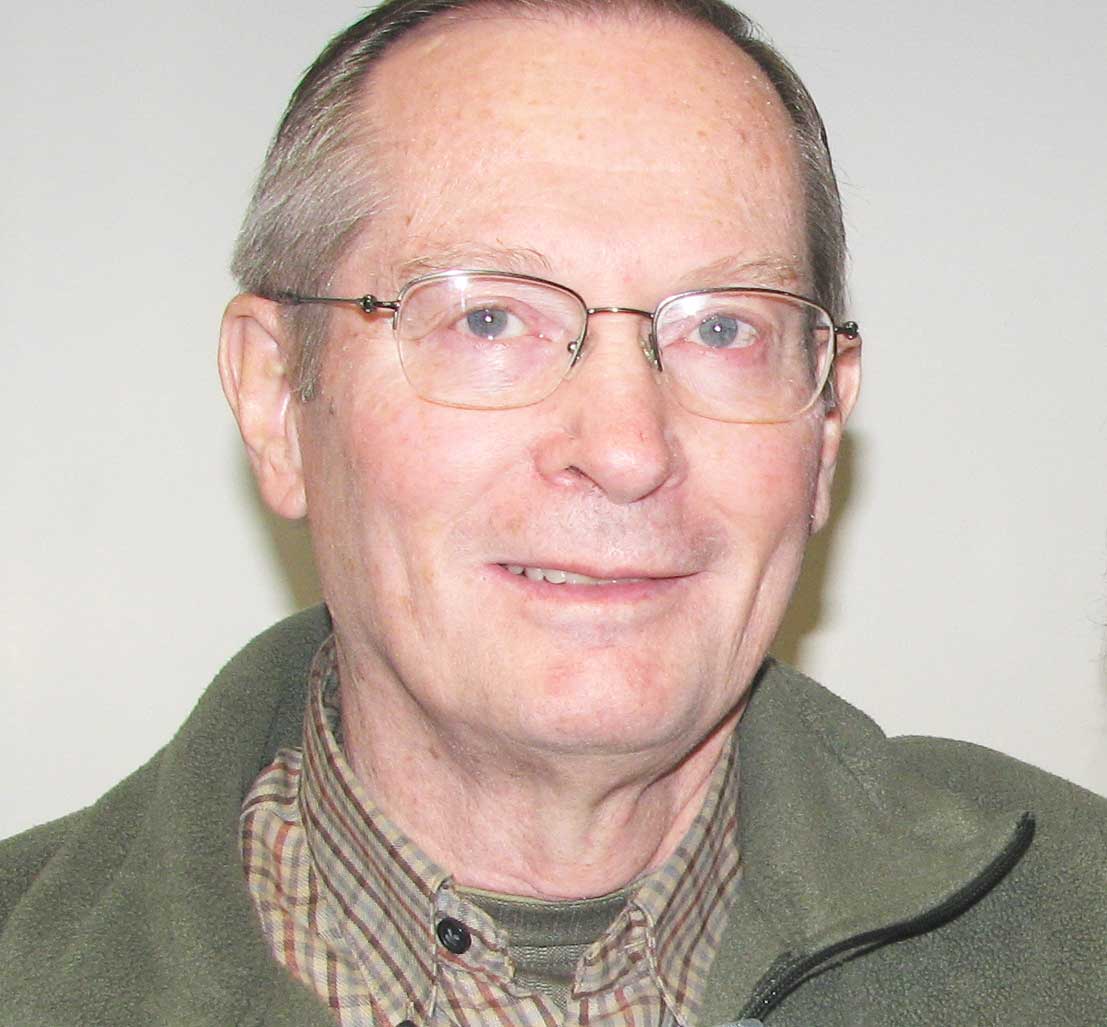
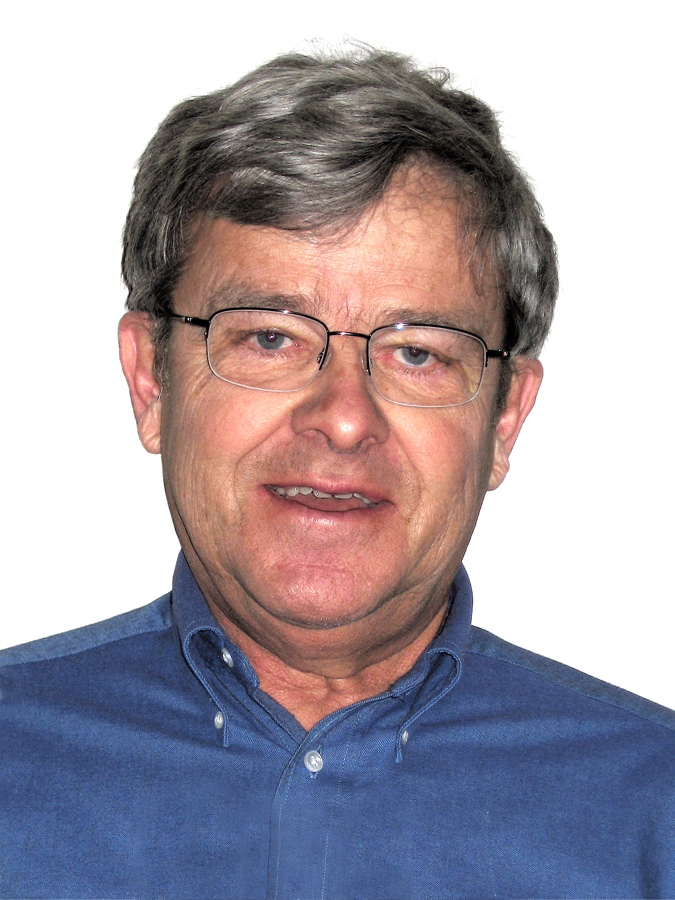 Since we have a large number of ICL members who have joined the organization in the past six years, we are going to take this opportunity to share some important information about the history of ICL.
Since we have a large number of ICL members who have joined the organization in the past six years, we are going to take this opportunity to share some important information about the history of ICL.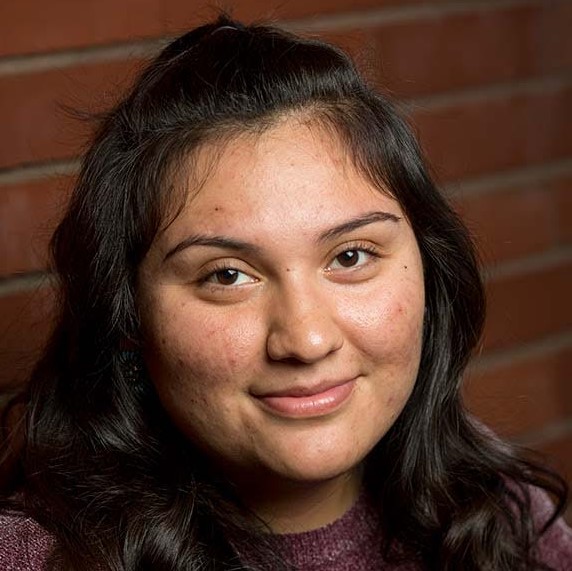 Presentation Abstract:
Presentation Abstract: 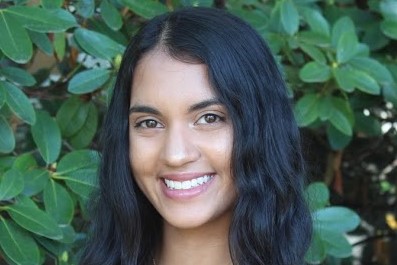 Presentation Abstract:
Presentation Abstract: 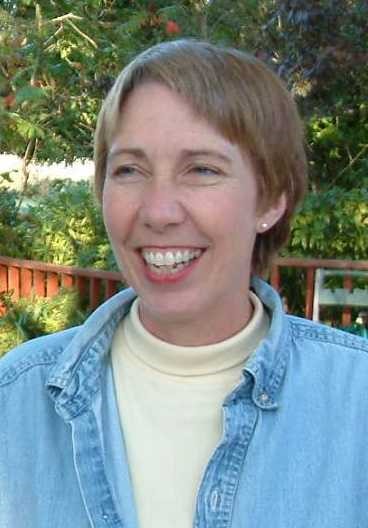 From the grand views of Frederick Law Olmsted to the desires of families to memorialize loved ones in stone, local cemeteries are both a demonstration of national trends and a repository of local craftsmanship and family devotion. Charlotte Lehan will discuss the broad cultural patterns of cemeteries in the West, what the physical artifacts can tell us, and how to get the most out of cemetery research - whether for local history or family genealogy. She will also cover some of the issues related to historic cemetery restoration, protection, mapping, and management.
From the grand views of Frederick Law Olmsted to the desires of families to memorialize loved ones in stone, local cemeteries are both a demonstration of national trends and a repository of local craftsmanship and family devotion. Charlotte Lehan will discuss the broad cultural patterns of cemeteries in the West, what the physical artifacts can tell us, and how to get the most out of cemetery research - whether for local history or family genealogy. She will also cover some of the issues related to historic cemetery restoration, protection, mapping, and management.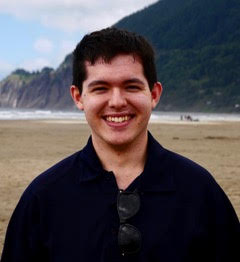 Presentation Abstract:
Presentation Abstract: 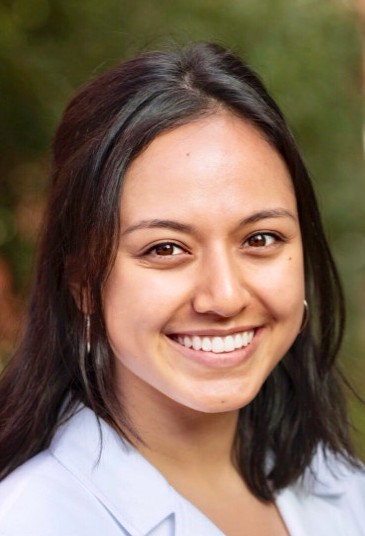 Presentation Abstract: Pain is a common, yet aversive fixture in many common medical procedures. When invasive practices, such as surgery or dental procedures are required, it is important that healthcare providers utilize appropriate local anesthetics (LAs) that optimize safety and effectiveness to mitigate this pain. By blocking the voltage-gated sodium ion channels, LAs prohibit the propagation of action potentials along neuronal bodies. Of the large family of federally-approved, accessible LAs, tetracaine and 2-chloroprocaine are but two of the many widely-studied compounds that have reliable clinical utility. A central aromatic ring, paired with either an ester or amide linked amino head group have proven essential in the drug’s activity; however, cytotoxicity and subpar affinity for channel binding limit its clinical use. This project seeks to synthesize more effective LAs from the
Presentation Abstract: Pain is a common, yet aversive fixture in many common medical procedures. When invasive practices, such as surgery or dental procedures are required, it is important that healthcare providers utilize appropriate local anesthetics (LAs) that optimize safety and effectiveness to mitigate this pain. By blocking the voltage-gated sodium ion channels, LAs prohibit the propagation of action potentials along neuronal bodies. Of the large family of federally-approved, accessible LAs, tetracaine and 2-chloroprocaine are but two of the many widely-studied compounds that have reliable clinical utility. A central aromatic ring, paired with either an ester or amide linked amino head group have proven essential in the drug’s activity; however, cytotoxicity and subpar affinity for channel binding limit its clinical use. This project seeks to synthesize more effective LAs from the 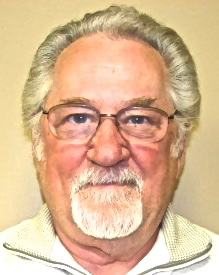
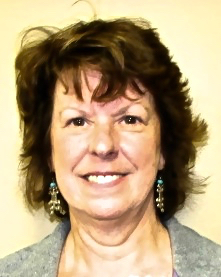 Proceed to Marquam Hill Ranch, an alpaca farm which raises alpaca for fibers (yarn) and to show. They'll set up 4 stations and we'll all rotate thru each one (breeding, fiber, growth, habits, plus an interaction with the alpaca (feed them; lead on rope). Back to Salem by 4:30.
Proceed to Marquam Hill Ranch, an alpaca farm which raises alpaca for fibers (yarn) and to show. They'll set up 4 stations and we'll all rotate thru each one (breeding, fiber, growth, habits, plus an interaction with the alpaca (feed them; lead on rope). Back to Salem by 4:30.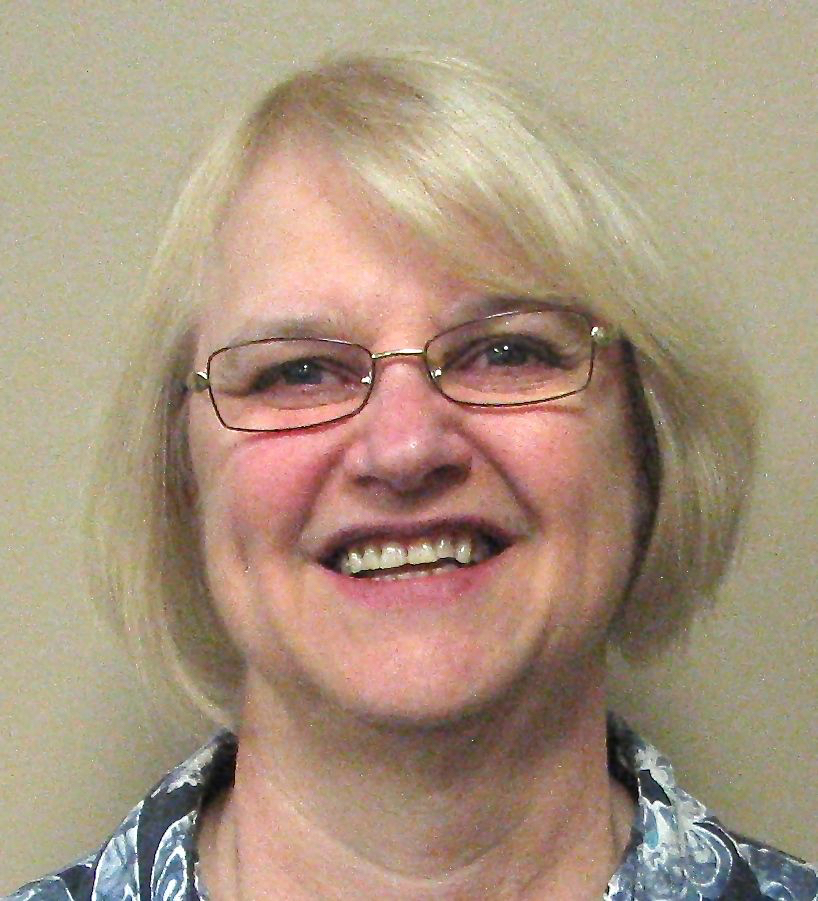
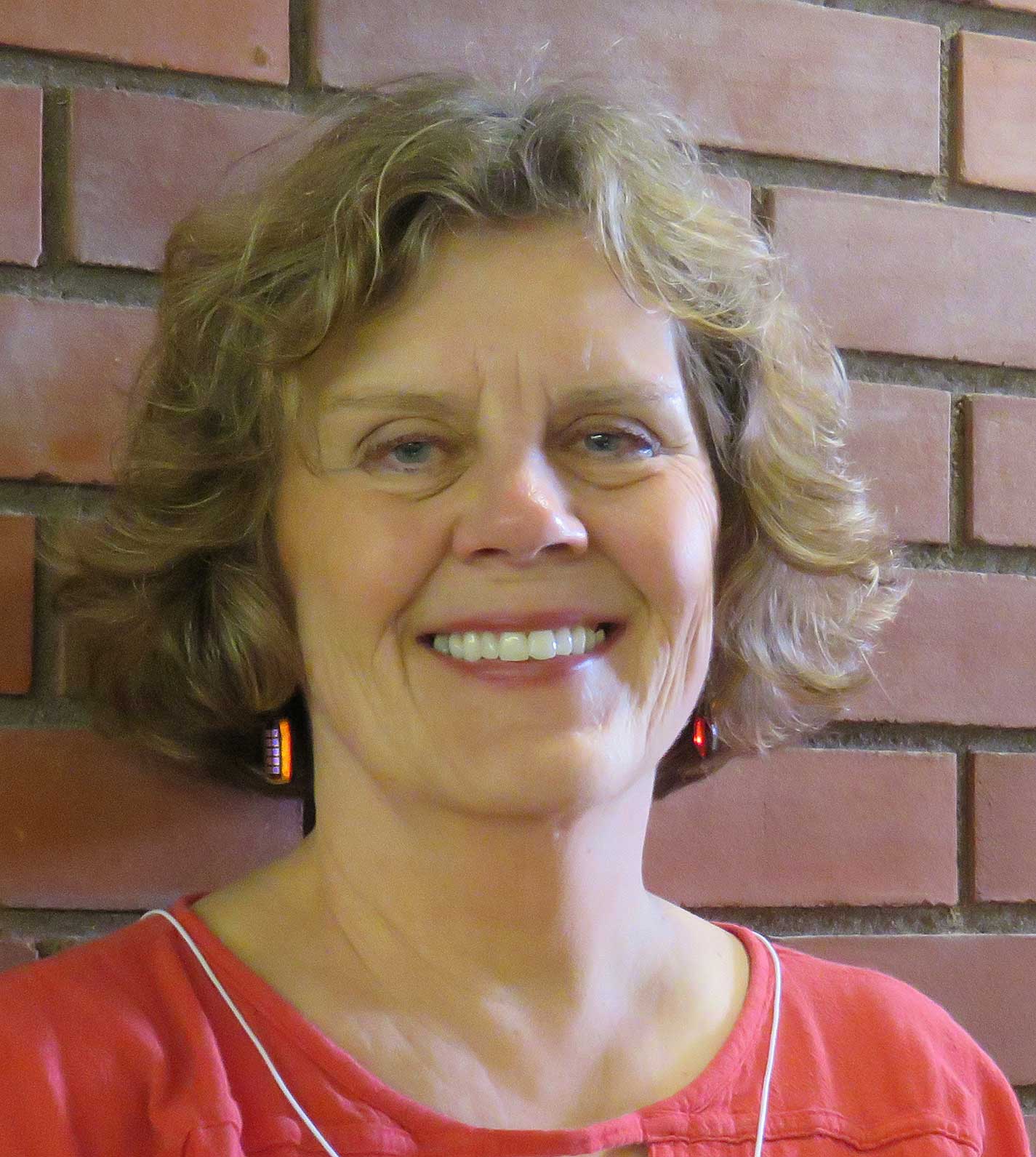
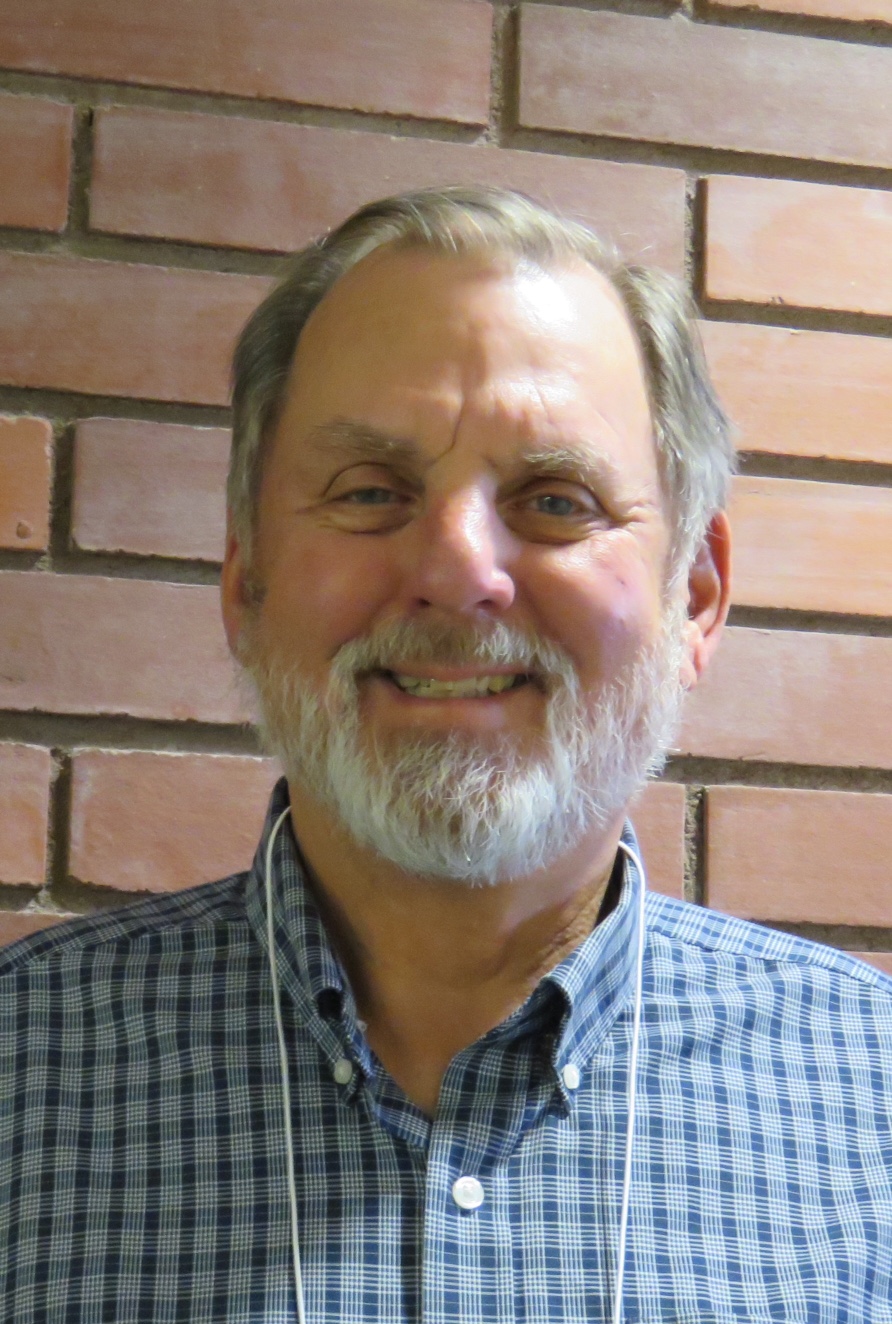
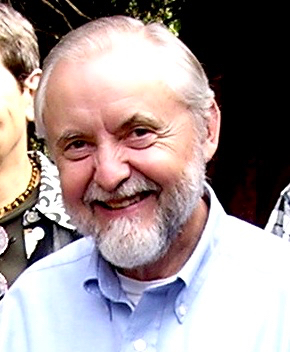
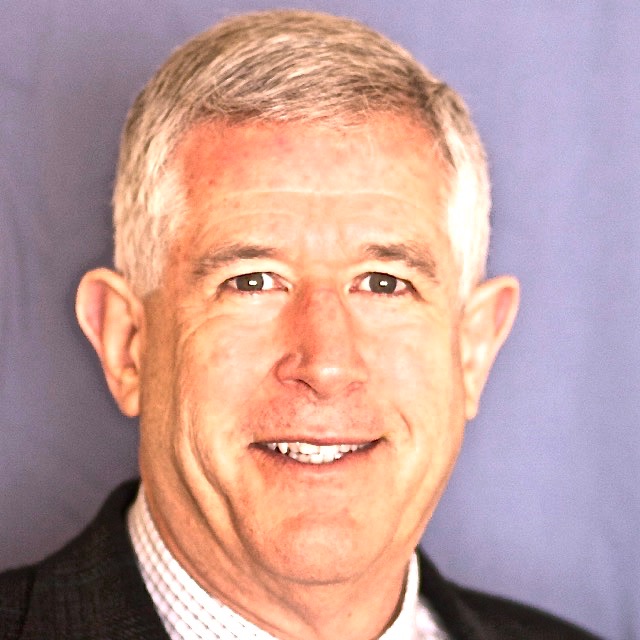
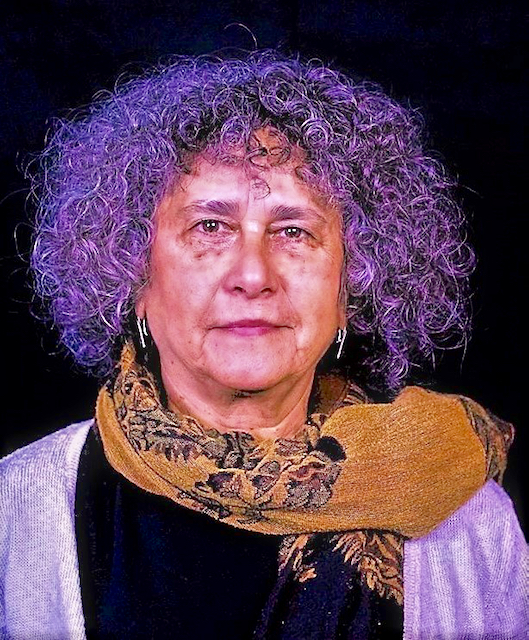
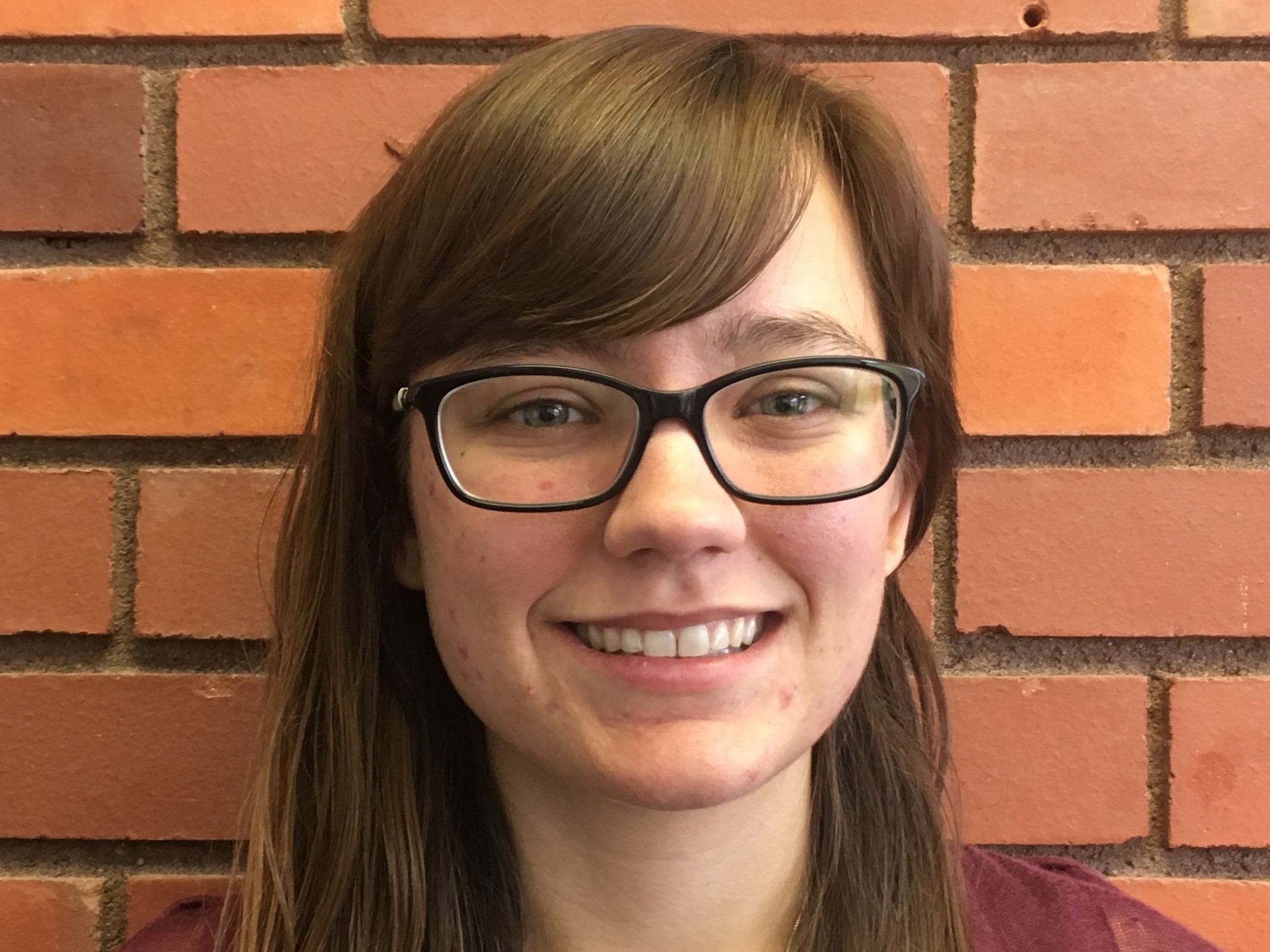 Presentation Abstract:
Presentation Abstract: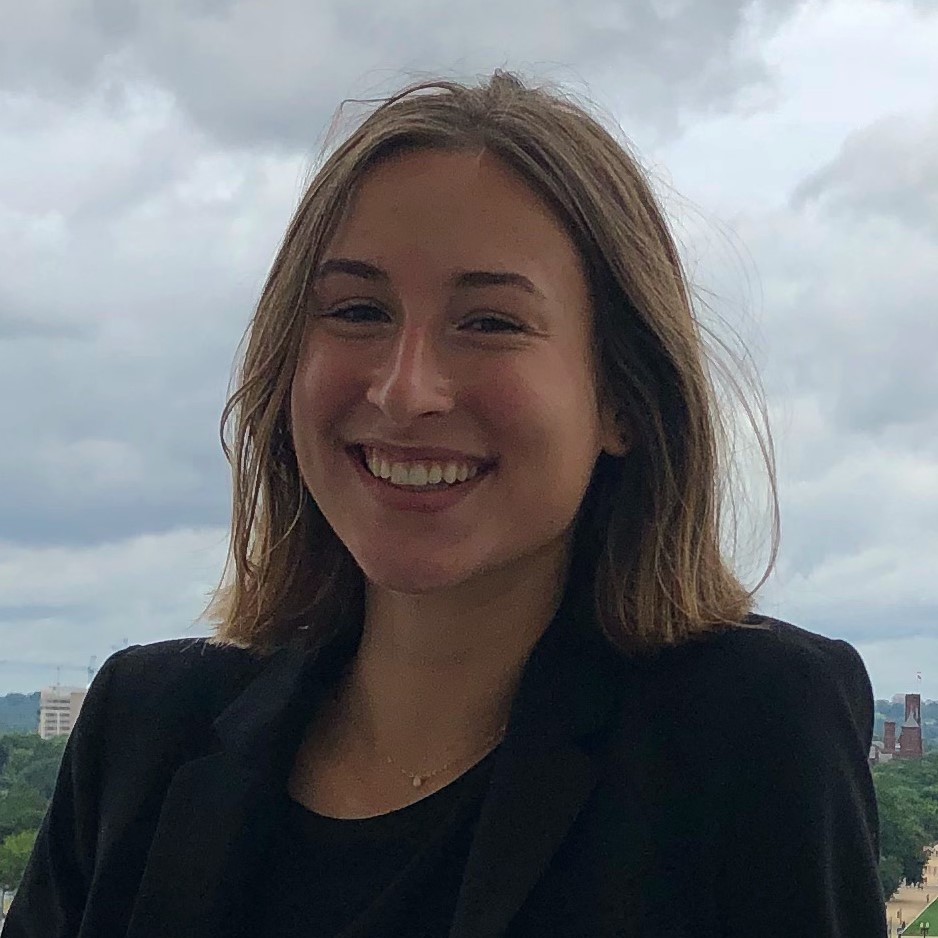 Presentation Abstract:
Presentation Abstract: 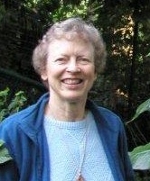
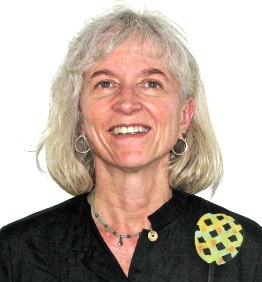 The United States and Mexico have a long, intertwined history, with both countries prominently featured in each other’s politics and agendas. The war on drugs, immigration and trade issues have taxed the relationship over the years. What impact will new leadership in both countries have on this crucial partnership?
The United States and Mexico have a long, intertwined history, with both countries prominently featured in each other’s politics and agendas. The war on drugs, immigration and trade issues have taxed the relationship over the years. What impact will new leadership in both countries have on this crucial partnership?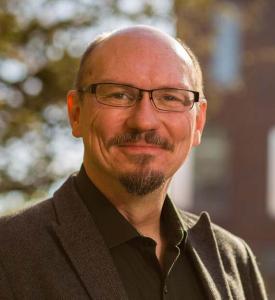 Scott Fisher is an academic expert in space, NASA, and all things astronomy. His particular strength is making science and STEM (Science, Technology, Engineering and Math) accessible to non-scientists. If it involves the stars and what we can learn from the universe beyond this home we call Earth, he can speak to it. Dr. Fisher received his Bachelor and Ph.D. from University of Florida in Astronomy and Physics. At the University of Oregon, Scott is an astronomy lecturer, the outreach director and director of undergraduate studies for the Department of Physics.
Scott Fisher is an academic expert in space, NASA, and all things astronomy. His particular strength is making science and STEM (Science, Technology, Engineering and Math) accessible to non-scientists. If it involves the stars and what we can learn from the universe beyond this home we call Earth, he can speak to it. Dr. Fisher received his Bachelor and Ph.D. from University of Florida in Astronomy and Physics. At the University of Oregon, Scott is an astronomy lecturer, the outreach director and director of undergraduate studies for the Department of Physics.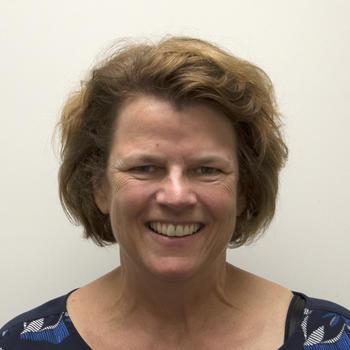 This presentation will cover the history and science of cheese making. Cheeses have been produced for over 4,000 years. We have hundreds of different cheeses and yet they are nearly all made from the same 4 ingredients using basically the same process. We will explore how this is possible.
This presentation will cover the history and science of cheese making. Cheeses have been produced for over 4,000 years. We have hundreds of different cheeses and yet they are nearly all made from the same 4 ingredients using basically the same process. We will explore how this is possible.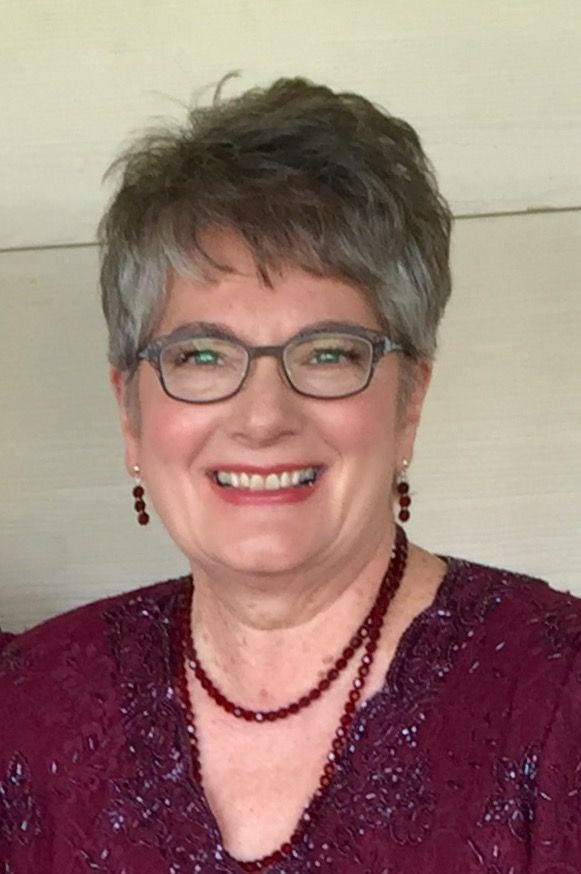
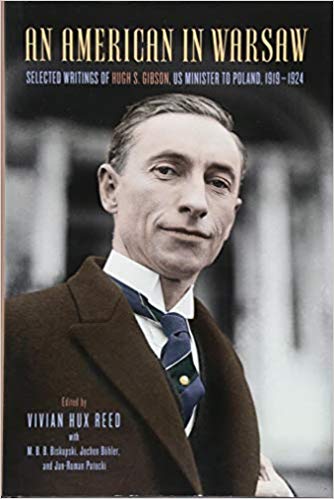 While working on her Master’s Degree in History at Western Oregon University, Salem resident Vivian Reed discovered the life-long humanitarian work and friendship of Herbert Hoover and American diplomat Hugh Gibson, the first U S Minister to Poland. She was hooked on the story, which led to her writing the book: An American in Warsaw: Hugh Gibson, U.S. Minister to Poland 1919-1924. The book has also been translated into Polish.
While working on her Master’s Degree in History at Western Oregon University, Salem resident Vivian Reed discovered the life-long humanitarian work and friendship of Herbert Hoover and American diplomat Hugh Gibson, the first U S Minister to Poland. She was hooked on the story, which led to her writing the book: An American in Warsaw: Hugh Gibson, U.S. Minister to Poland 1919-1924. The book has also been translated into Polish. 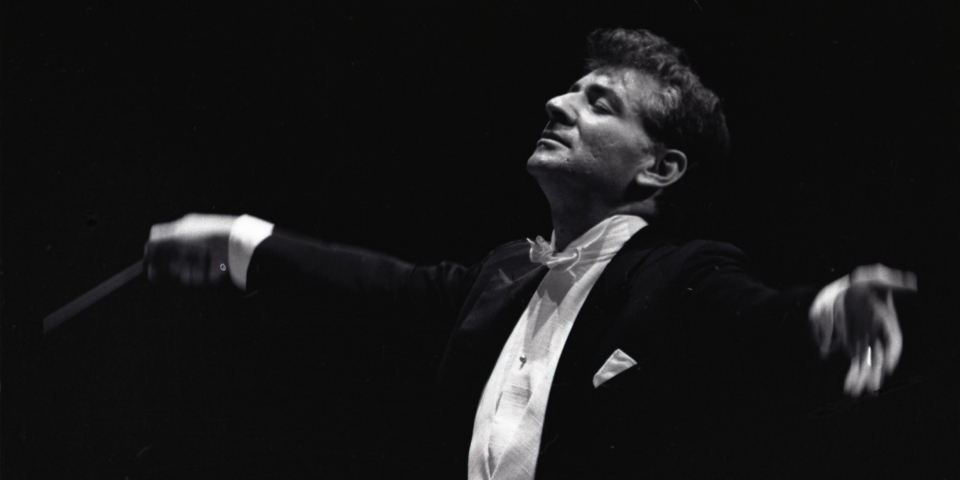 This 95 minute DVD is the second of six lectures by Leonard Berstein delivered at Harvard as the holder of the Norton Professorship. It compares the structures of music and speech, using examples from Mozart: Symphony No. 40 in G minor.
This 95 minute DVD is the second of six lectures by Leonard Berstein delivered at Harvard as the holder of the Norton Professorship. It compares the structures of music and speech, using examples from Mozart: Symphony No. 40 in G minor. 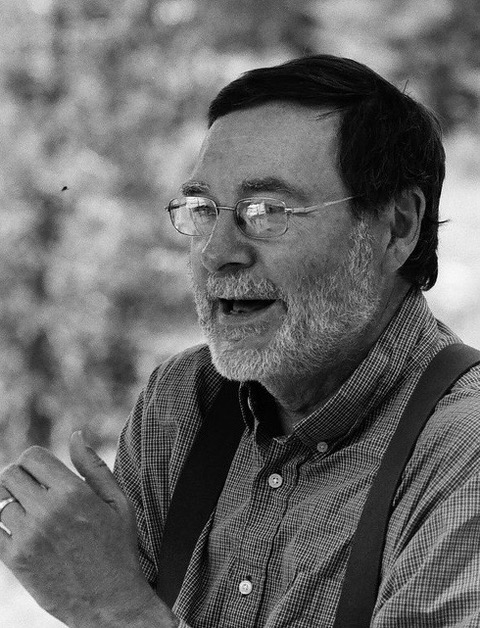 The "Magna Carta" of open governance in Oregon sprang from the tumultuous days of the Pentagon Papers and Watergate. Today it is arguably the most important tool in an investigative reporter’s toolbox; it enables academic research, facilitates commercial transactions, and empowers grassroots citizen activists. The law's superficially simple command that everything written or recorded by a state or local public official in Oregon be promptly produced for public inspection upon demand is subject to over 400 exemptions. Despite a nearly 50-year record of success, both the structure and the administration of the law have been recently harshly criticized. Clashes about disclosure of records are grist for frequent editorial comment and flashpoints for expensive litigation. Yesterday’s history and today’s controversies about the law set the table for a modern discussion of the tensions between the public interests protected by the exemptions and the very important “transparency" command of the law.
The "Magna Carta" of open governance in Oregon sprang from the tumultuous days of the Pentagon Papers and Watergate. Today it is arguably the most important tool in an investigative reporter’s toolbox; it enables academic research, facilitates commercial transactions, and empowers grassroots citizen activists. The law's superficially simple command that everything written or recorded by a state or local public official in Oregon be promptly produced for public inspection upon demand is subject to over 400 exemptions. Despite a nearly 50-year record of success, both the structure and the administration of the law have been recently harshly criticized. Clashes about disclosure of records are grist for frequent editorial comment and flashpoints for expensive litigation. Yesterday’s history and today’s controversies about the law set the table for a modern discussion of the tensions between the public interests protected by the exemptions and the very important “transparency" command of the law. 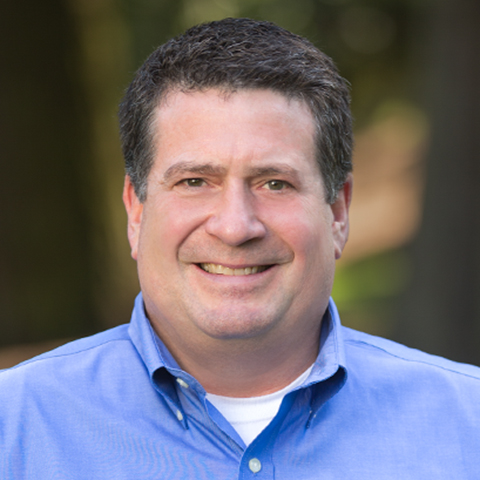 Timm Locke, Director of Forest Products at Oregon Forest Resources Institute (OFRI) will offer some history of the development of cross-laminated timber, how it is currently being used, and what it could mean for the Oregon timber industry's future.
Timm Locke, Director of Forest Products at Oregon Forest Resources Institute (OFRI) will offer some history of the development of cross-laminated timber, how it is currently being used, and what it could mean for the Oregon timber industry's future.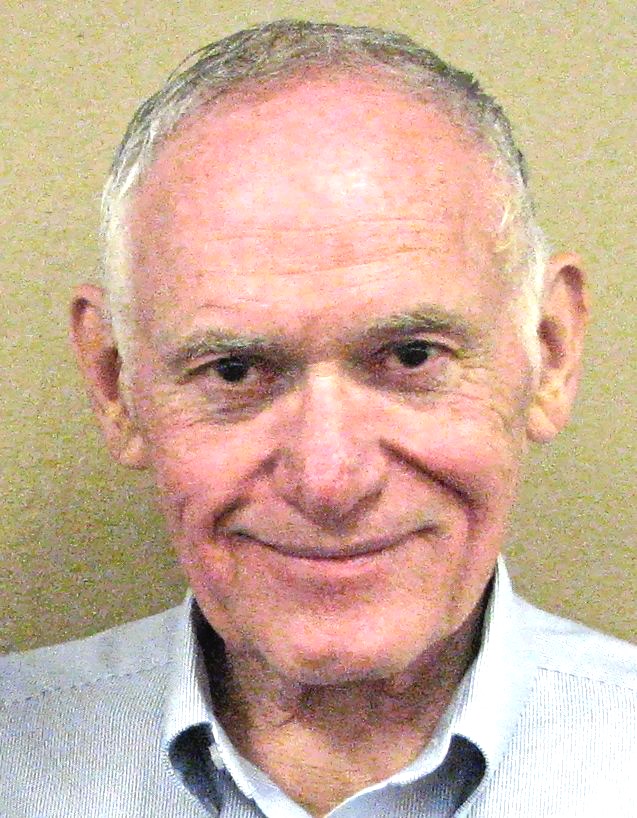
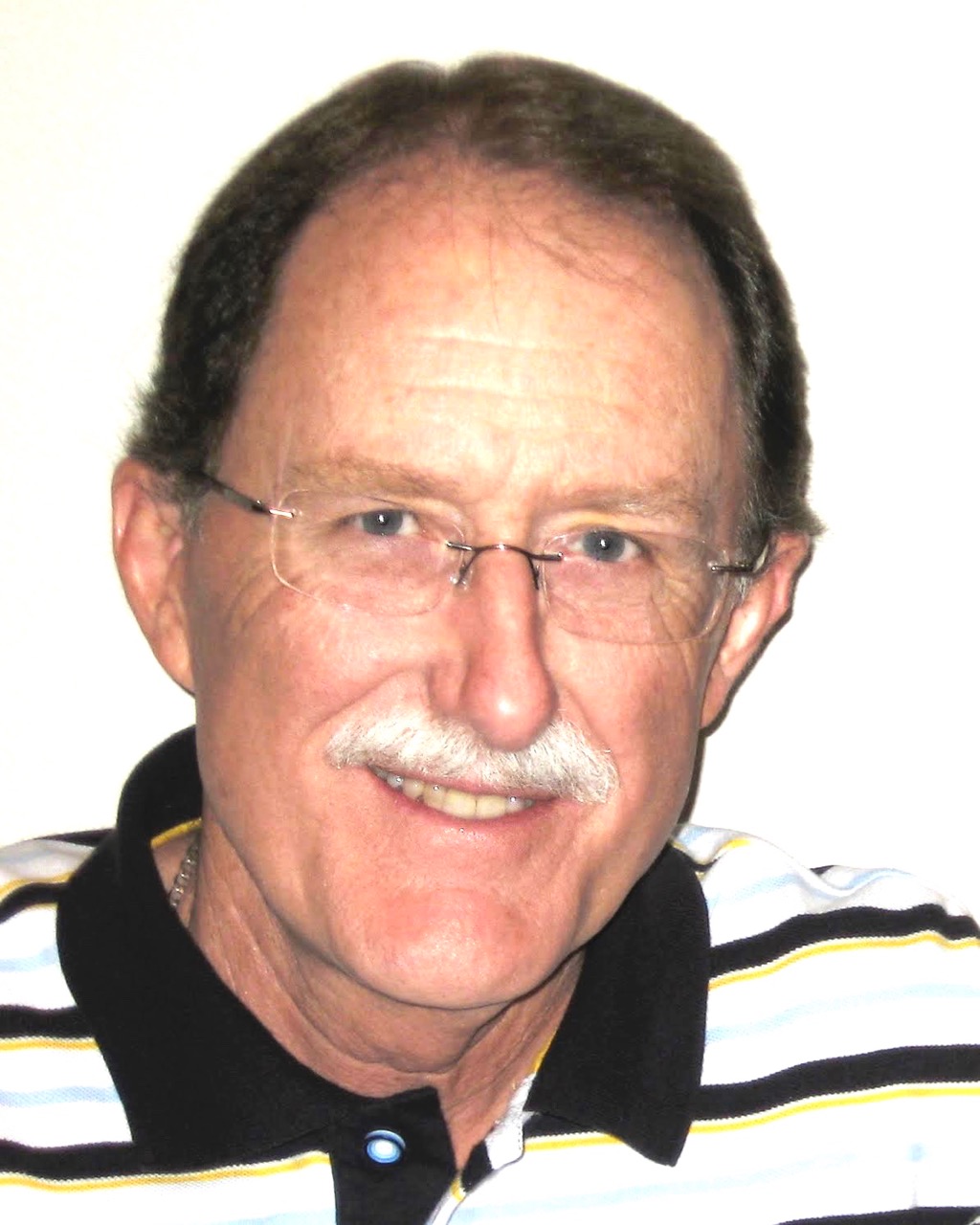
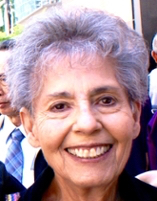
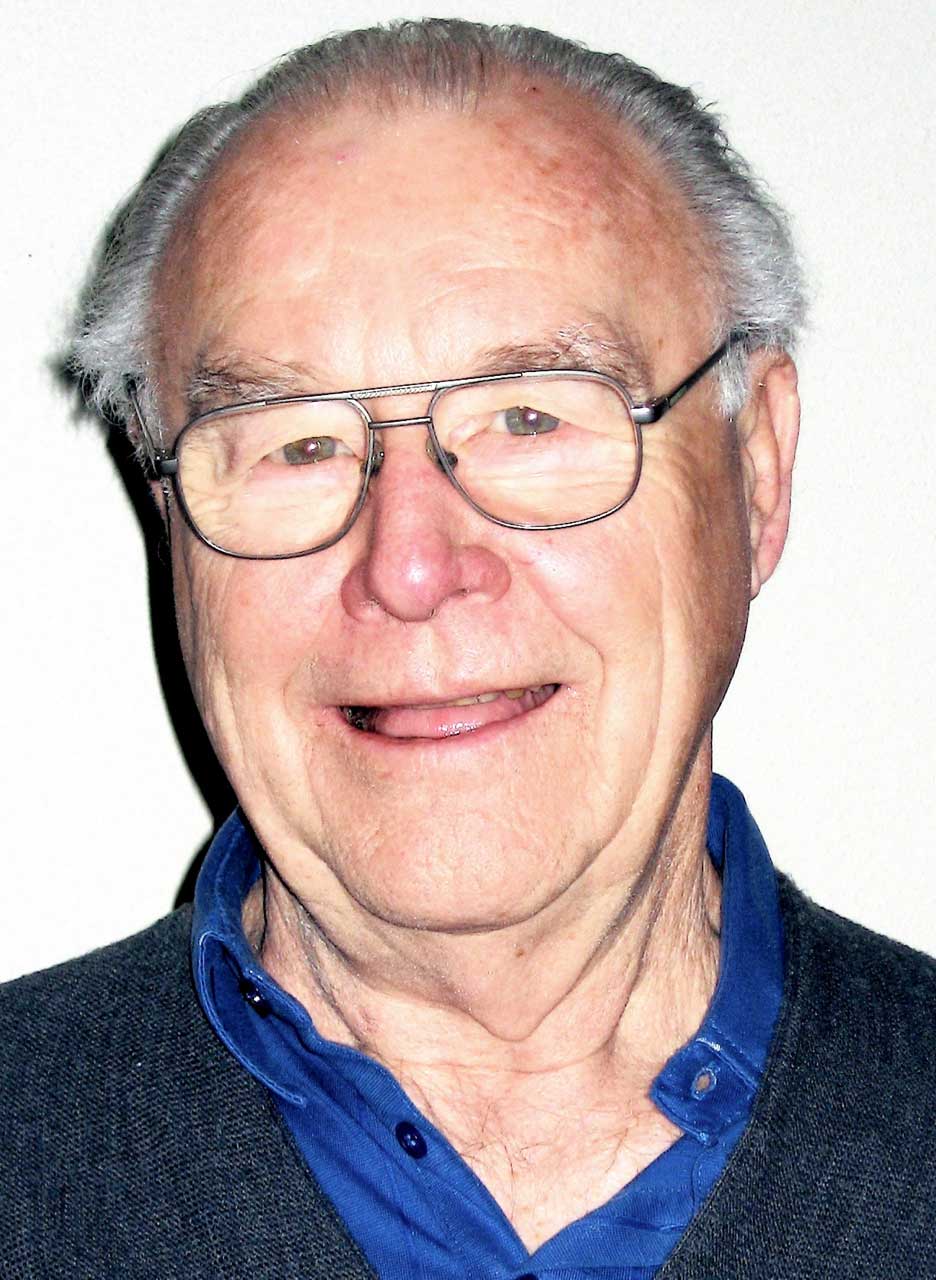
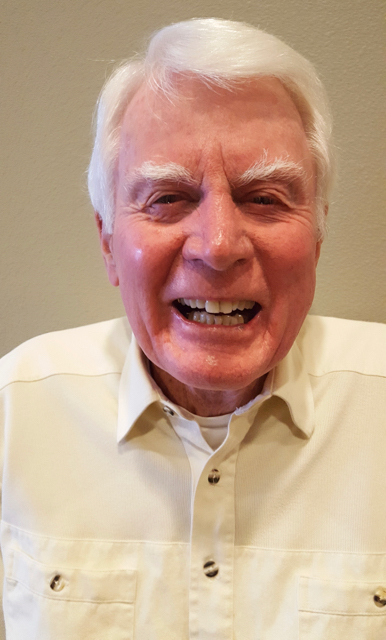
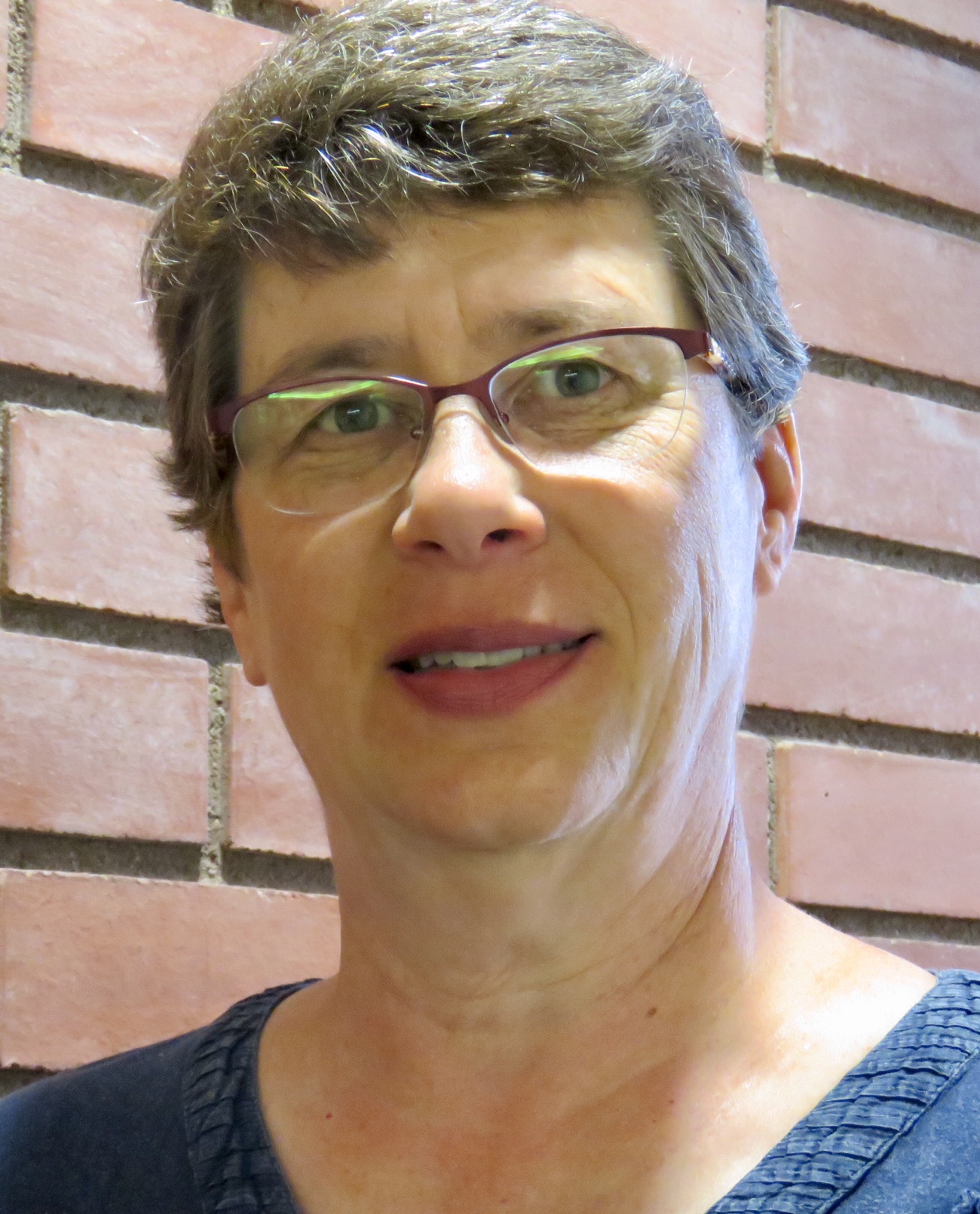
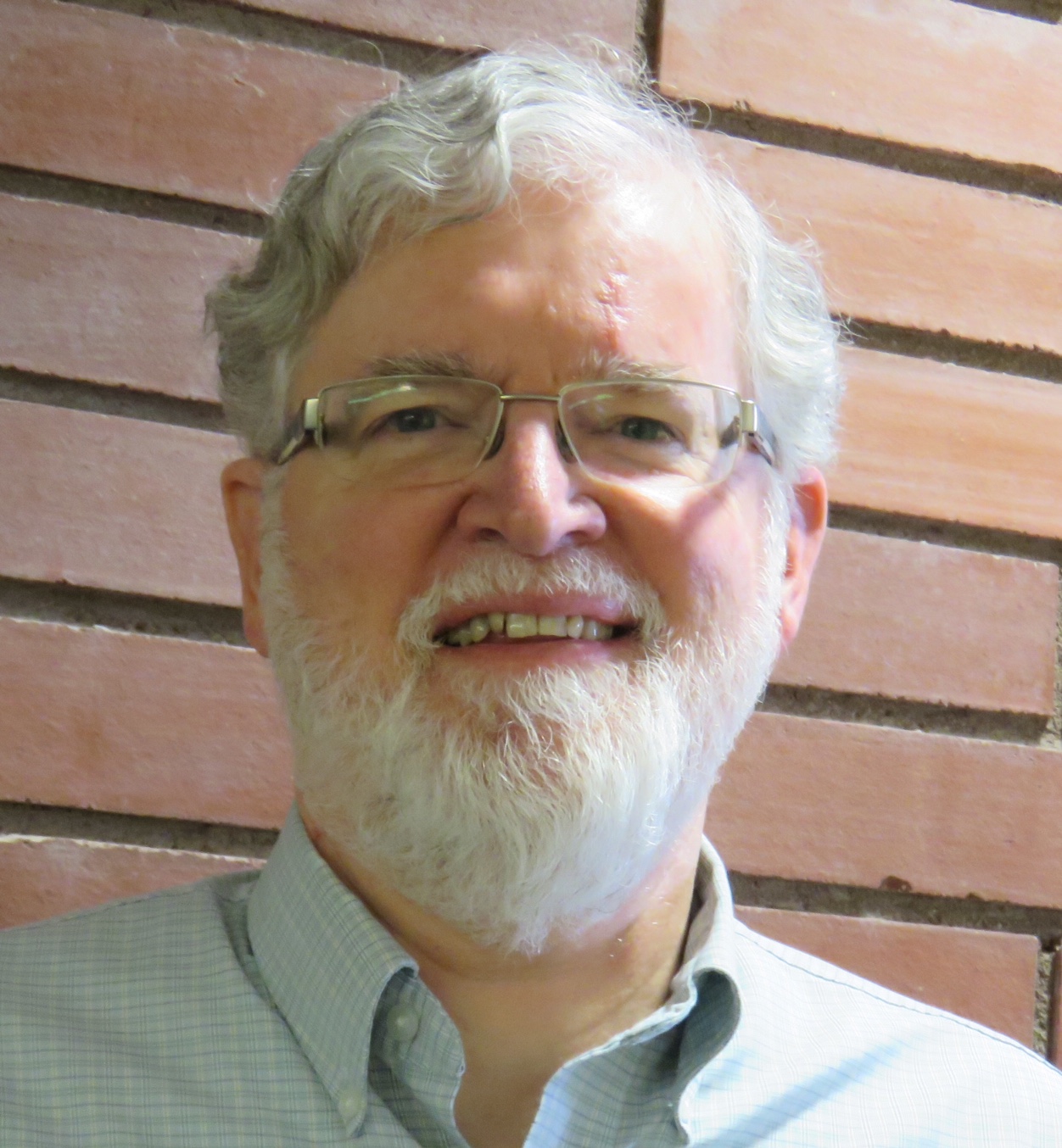 ICL is made up of a very interesting group of folks with fascinating backgrounds. In this session, which has become an ICL tradition, we will get to know a few of them a little better as we ask them to share an interesting story from their family, their work, or world experience. Today we will hear 15-minute stories from ICL members Glenn Olmstead (2017), Karen Konick (2018), and Wally Shaffer (2018). You won't want to miss this session!
ICL is made up of a very interesting group of folks with fascinating backgrounds. In this session, which has become an ICL tradition, we will get to know a few of them a little better as we ask them to share an interesting story from their family, their work, or world experience. Today we will hear 15-minute stories from ICL members Glenn Olmstead (2017), Karen Konick (2018), and Wally Shaffer (2018). You won't want to miss this session!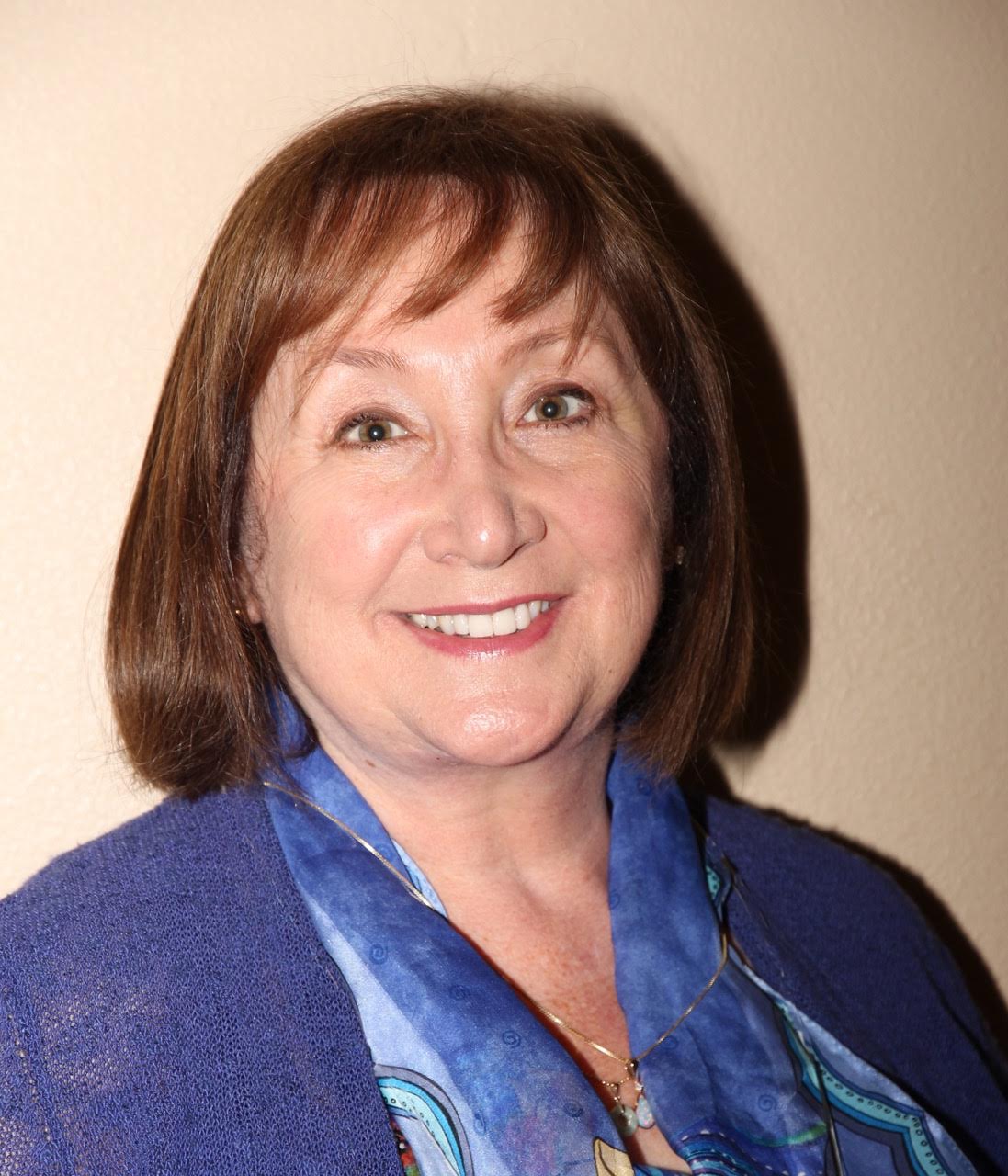 "Educated" is an account of the struggle for self-invention. It is a tale of fierce family loyalty and of the grief that comes with severing the closest of ties. With the acute insight that distinguishes all great writers, Westover has crafted a universal coming-of-age story that gets to the heart of what an education is and what it offers: the perspective to see one's life through new eyes and the will to change it.
"Educated" is an account of the struggle for self-invention. It is a tale of fierce family loyalty and of the grief that comes with severing the closest of ties. With the acute insight that distinguishes all great writers, Westover has crafted a universal coming-of-age story that gets to the heart of what an education is and what it offers: the perspective to see one's life through new eyes and the will to change it.